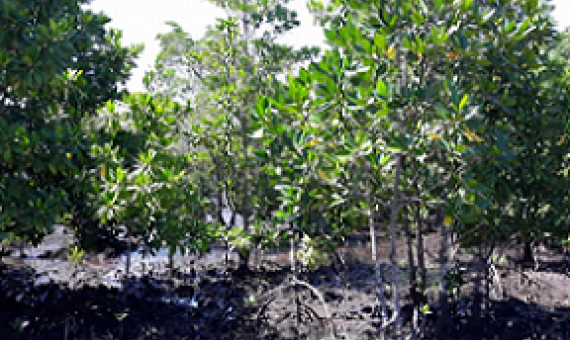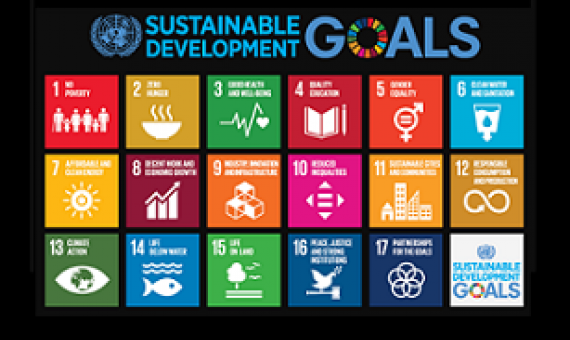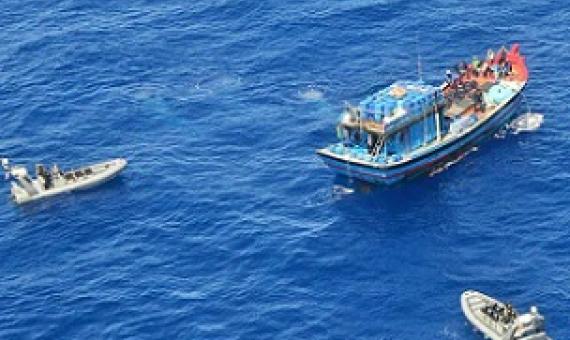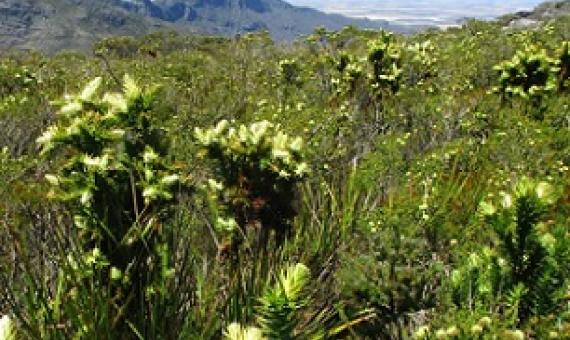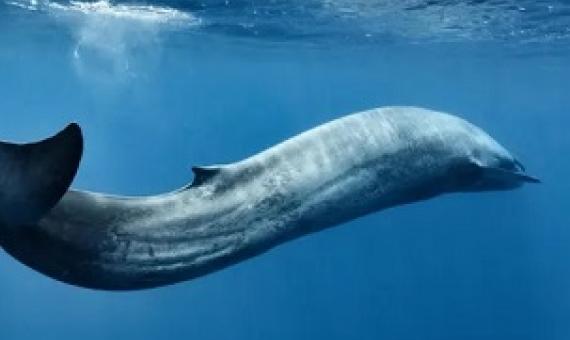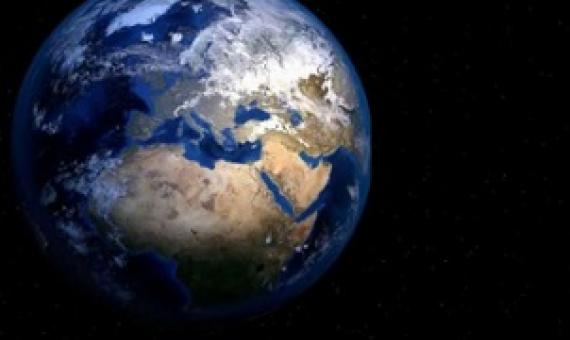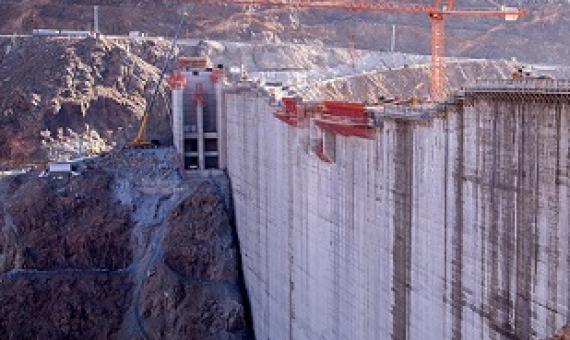Mangrove ecosystems are at particular risk of being polluted by plastic carried from rivers to the sea.
In October, United Nations secretary-general António Guterres made a series of key appointments. He tasked 15 scientists from around the world with providing policymakers with evidence, as well as their thoughts, on the Sustainable Development Goals (SDGs).
Illegal, unreported and unregulated fishing costs economies up to US$50 billion globally each year, and makes up to one-fifth of the global catch...Many philanthropic and environmental organisations think of illegal fishing as a “transnational crime”, involving organ
It's not just to hide clutter anymore—add "saving the planet" to the reasons you leave the camera off during your next virtual meeting. A new study says that despite a record drop in global carbon emissions in 202
Earth's ability to absorb nearly a third of human-caused carbon emissions through plants could be halved within the next two decades at the current rate of warming, according to a new study in Science Advances by researchers at Northern Arizona University, the Woodwell Climate
When it comes to threatened species, charismatic animals usually get the most attention. But many of Australia’s plants are also in grave danger of extinction, and in many cases, the problem is getting worse.
Plastic bags and flexible packaging are the deadliest plastic items in the ocean, killing wildlife including whales, dolphins, turtles and seabirds around the globe, according to a review of hundreds of scientific articles...The review, by the Australian government’s science agency, CSIRO, f
A study by the University of Southampton gives a new perspective on why our planet has managed to stay habitable for billions of years—concluding it is almost certainly due, at least in part, to luck.
High levels of dissolved calcium carbonate present in their bedrock indicate that Red Sea mangroves are capable of removing more carbon than previously thought, KAUST researchers have found.
It’s not just your storage unit that’s packed to the gills. According to a new study, the mass of all our stuff—buildings, roads, cars, and everything else we manufacture—now exceeds the weight of all living things on the planet.

